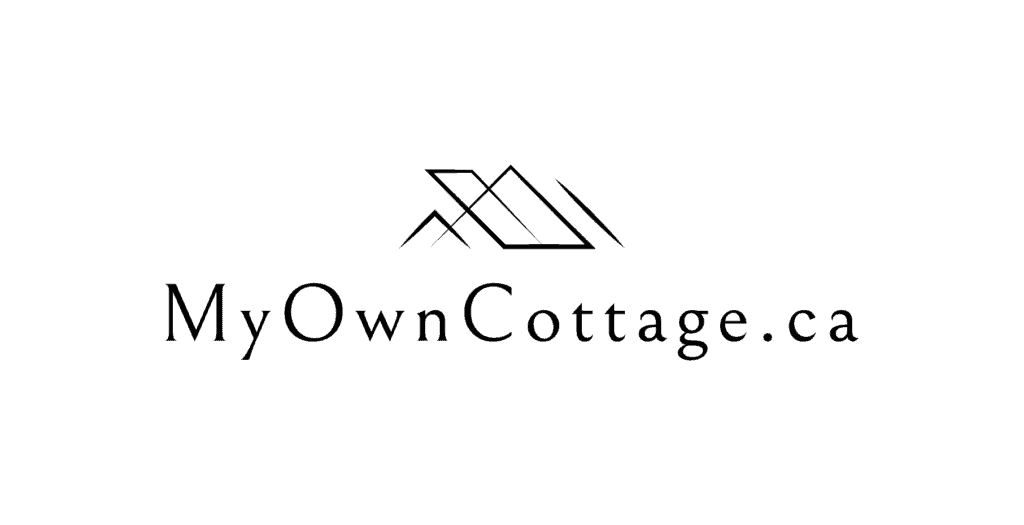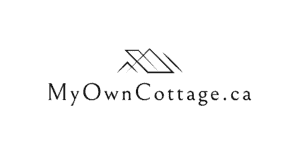Are Prefab Homes Worth It?
Are prefab homes worth it in 2025? 🏠
Discover the pros, cons, costs, and long-term value of prefabricated homes to see if they’re the smart investment for your future. ✅
Are Prefab Homes Worth It?
Welcome! If you’re wondering Are Prefab Homes Worth It, you’ve landed in the right place!
We’ll walk through what prefab homes in Ontario are, exploring the real benefits and potential pitfalls.
Here, you can objectively figure out whether they’re a good fit for your lifestyle and budget.
Understanding the Worth of Prefab Homes
Prefab homes—sometimes called modular or factory-built homes—are structures manufactured off-site in a controlled environment, then delivered and assembled on your property.
They stand apart from traditional, on-site stick‑built homes mainly in cost, speed, and quality features.
Are Prefab Homes a Smart Investment?
So, are prefab homes a smart investment?
Many homeowners find these homes 10–40% less expensive than comparable traditional builds, and construction time is often cut by half.
That makes them increasingly cost-effective long term.
Facts like these are exactly why more people are asking: “Is buying a prefab home worth the money?”
Naturally, they’re curious to learn more about a compelling alternative to traditional construction.
Let’s unpack all this, section by section, and see why prefab living might be right—or not—for you.
Key Overview: What Is a Prefab Home?
Prefab homes come in three main types:
Modular homes: Built in multi-room sections, assembled on a permanent foundation
Manufactured homes: Built on a steel chassis, often mobile, but can be placed on land
Panelized homes: Wall panels are factory-made and assembled on-site
Each meets building codes, but the factory process—with standardized modules—drives quality control and efficiency, making prefab homes manufactured to last.
How Prefab vs. Traditional Construction Differs
Prefab homes are constructed in climate‑controlled factories, using assembly‑line techniques.
This means less waste, tighter timetables, and fewer weather delays.
In contrast, building a traditional home onsite is often slower, costlier, and more exposed to external factors.
Why Prefab Homes Are Gaining Popularity
There’s increased buzz (up 52% online this year) around prefab homes!
Drivers behind this increasing trend include:
Rising housing costs that make prefab homes an attractive affordable living solution
Growing interest in sustainability—prefabs generate less waste, often use green materials
Faster move-in times—some build setups are done in just a few days
All signs point to prefab becoming more mainstream—but is it the right choice for you?
We’ll dig deeper next.
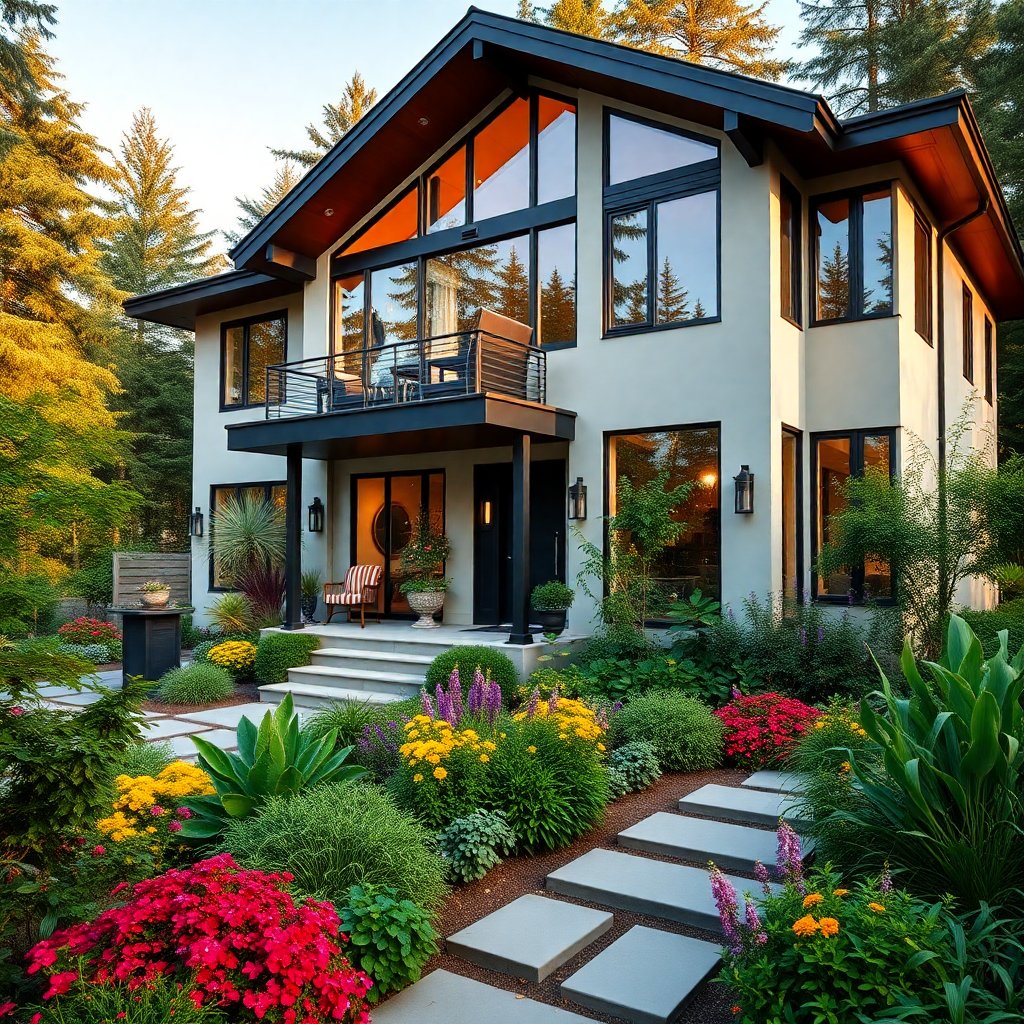
🔨 Thinking About a Prefab Home? Let’s Talk.
Whether you’re budget-conscious, eco-minded, or just want a beautiful home built faster—we’ve got the answers. 🌿
Book your FREE, no-pressure consultation today and discover how your dream home can come together quicker, cleaner, and more affordably than you ever imagined.
But Are Prefab Houses a Smart Choice?
You’re probably wondering, are prefab houses a smart choice?
The answer is—it depends on your goals, but for many, the answer is a resounding yes.
In fact, these homes offer compelling benefits when it comes to affordability, efficiency, and customization.
However, let’s unpack the full picture first.
Cost Benefits and Affordability
One of the standout advantages of prefab homes is affordability.
Since they’re built in bulk and in controlled environments, manufacturers save big on labor, materials, and time.
Importantly, these savings trickle down to you.
Prefab homes often cost $100–$150 per square foot, compared to $150–$250 for traditional homes, depending on location.
That’s a big deal if you’re on a tight budget or looking for the best bang for your buck.
What Prefab Homes Can Also Offer
Additionally, prefab homes offer:
Predictable pricing with fewer unexpected construction overruns
Less labor and site waste—saving you money and helping the environment
Faster build = lower carrying costs on land loans
So, if you’re asking yourself, “Is it worth it to buy a prefab house?”—well, it could mean tens -or even hundreds- of thousands in savings.
The Speed of Prefab Construction
Time is money, and prefab homes deliver fast.
The modules can be built in weeks while site prep happens in parallel.
Once everything’s ready, homes can be assembled on-site in as little as 1–2 days.
Compare that to traditional homes, which take 6–12 months.
This is ideal if:
You’re relocating quickly
Want to avoid long-term rental costs
Prefer shorter construction loan terms
So when someone asks, “Are prefab homes a good idea for first-time buyers?”—this quick turnaround can be a massive win.
Environmental Impact
If you’re eco-conscious, prefab is a solid choice.
These homes are often:
Built with sustainable or recycled materials
Engineered for energy efficiency
Constructed with minimal waste (up to 90% less job-site waste)
Plus, their tight construction often means lower utility bills—a win for your wallet and the planet.
In short, are prefab homes smart for sustainable living?
You bet!
With proper design and smart upgrades, they can exceed even green building standards.
Is a Prefab Home a Good Investment in 2025?
Ah, the million-dollar question: Is a prefab home a good investment in 2025?
The truth is—it absolutely can be, especially if you’re genuinely strategic about your location, build quality, and resale potential.
ROI & Value Retention
Let’s talk about the long-term value of prefab homes.
Contrary to outdated myths, today’s prefab structures can hold their own in terms of resale.
Much like traditional homes, here’s what affects your return on investment (ROI):
Location: Homes in desirable areas tend to appreciate faster.
Build quality: Higher-end prefab options often age better than lower-tier models.
Land ownership: Owning the land your home sits on adds serious value.
Quality and Durability
Prefab doesn’t mean flimsy.
In fact, these homes are often built to stricter tolerances than traditional ones because they need to survive transportation to your site.
Reinforced framing, engineered lumber, and strong insulation are common.
So, when someone asks, “Are prefab homes built to last?”—the answer is a resounding yes, especially modern versions.
Understanding Resale and Long-Term Value
Many folks worry: “Do prefab homes hold their value?”
Studies show that modular and high-quality prefab homes appreciate similarly to stick-built homes—especially in growing markets.
That’s why savvy homeowners see them not as throwaway housing, but as long-term living investments.
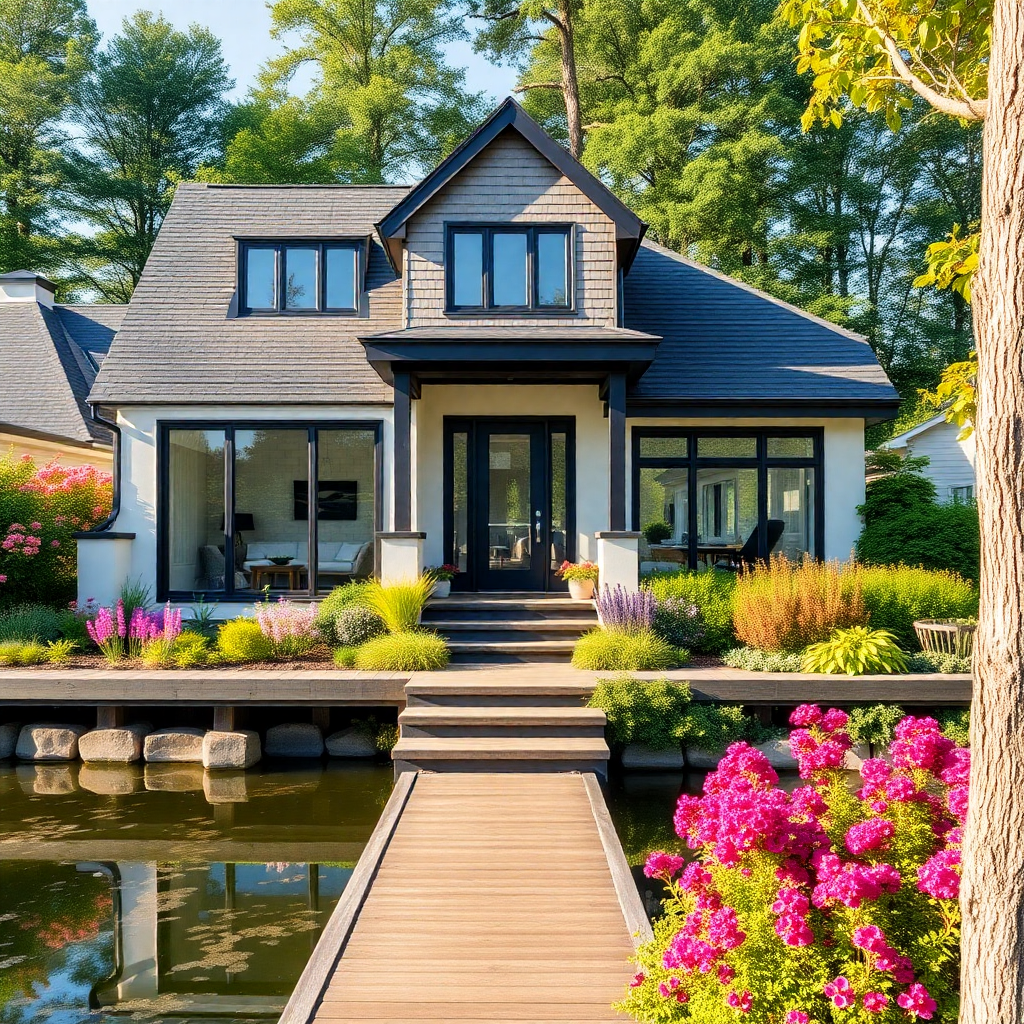
🏡 Are Prefab Homes Worth It?
Explore the Proof in Our Designs.
✨ Discover energy-efficient floor plans, modern features, and customizable options designed for real-life living.
Click the button below to browse our full design catalogue and find the home that’s just right for you!
Pros and Cons of Prefab Homes
Alright, time for some real talk. Every housing choice has trade-offs.
Let’s weigh the pros and cons of prefab homes so you can decide for yourself.
Pros: Affordability, Efficiency, Energy Savings
Lower initial cost vs traditional homes
Faster move-in times
Better insulation in many designs = lower utility bills
Less construction waste, making them eco-friendly
Flexible design options—yes, you can customize!
Often safer, built indoors away from weather delays
Cons: Financing, Customization Limits, Zoning
Financing hurdles: Not all banks love prefab. You might need specialized loans.
Land costs: Unless you already own land, costs can rise quickly.
Zoning issues: Some areas restrict or regulate prefab construction.
Customization limits: You can modify designs, but not to the same extent as full custom builds.
Still, for many, the benefits of buying a prefab home far outweigh these hurdles.
Are Modular Homes Worth it in 2025?
Let’s fast forward to now and get even more specific—are prefabricated modular homes worth it in 2025?
Absolutely.
In fact, the market has never looked better.
Technological Advancements Today
Today’s prefab homes include:
Smart tech integration: Thermostats, lighting, and appliances
Advanced insulation materials: Better for both climate and costs
Customization tools: Online configurators to build your dream layout
So if you’ve been wondering, “Is a modular home worth the price?”—2025 is looking like a prime time to make the leap.
Market Trends & Consumer Sentiment
More buyers are shifting away from traditional housing and looking for flexibility, sustainability, and affordability.
That’s made modular and prefab homes a top trend in 2025—and not just a passing fad.
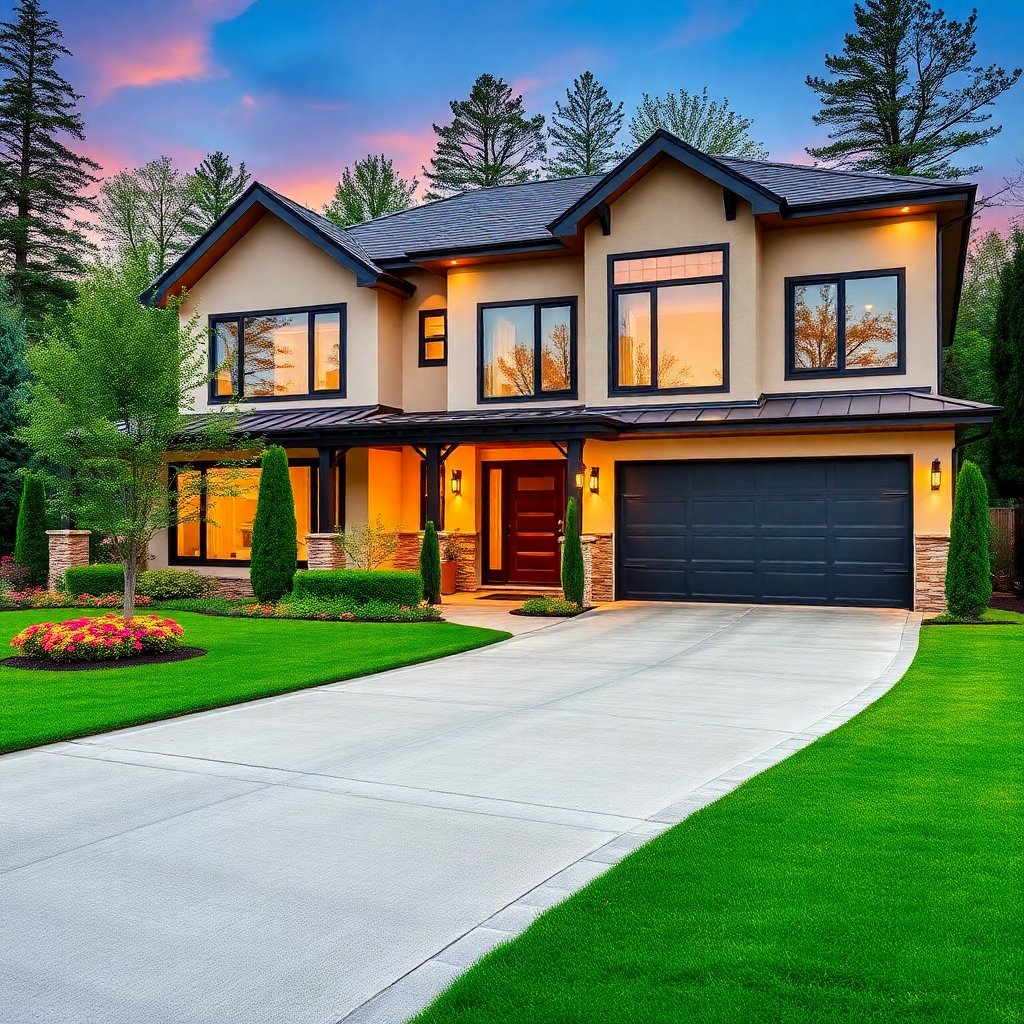
👉 Are Prefab Homes Worth It? Let’s Talk About It—Live.
Still on the fence wondering Are Prefab Homes Worth It? At My Own Cottage, we’re here to give you honest answers, real insight, and expert guidance—without the fluff. 💡
💬 Speak directly with our team to get your questions answered, your concerns addressed, and your vision underway. ✨
📊 Cost Efficiency of Prefab Homes in Ontario
When considering whether prefab homes are worth the investment, it’s essential to look beyond marketing claims and review real, evidence-based insights.
💰 Average Build Costs in Ontario
According to the Canada Mortgage and Housing Corporation (CMHC), modular and prefabricated homes typically cost 10%–20% less per square foot than traditional site-built homes.
Importantly, this is due to economies of scale and reduced labor costs according to the CMHC 2023 Housing Supply Report.
📌 Estimated Average Costs (Ontario, 2024–2025):
Prefab/Modular Homes: $220–$280/sq ft
Traditional Custom Homes: $280–$350/sq ft
(Prices include build, basic finishes, and setup on site, but exclude land and municipal fees.)
⚡ Energy Efficiency & Savings
Prefab homes are built in climate-controlled environments, often with tighter envelope construction and better insulation standards than site-built homes.
According to Natural Resources Canada (NRCan): “Factory-built homes can reduce energy consumption by up to 25%, especially when built to ENERGY STAR® or Net Zero Ready standards.”
— NRCan, 2023 Residential Energy Efficiency Report
✅ These savings translate into $500–$1,200 per year in reduced utility costs, depending on size and energy usage.
🌱 Environmental Impact
Prefab homes generate 30%–50% less construction waste compared to traditional builds, as reported in CMHC’s Green Building Practices research.
In addition, off-site construction minimizes site disruption, soil erosion, and noise pollution.
Environmental Benefits:
Fewer on-site emissions from construction equipment
Optimized material usage reduces landfill waste
Often compatible with solar PV and passive heating strategies
🧩 Real Example: Ontario Energy Case Study
A recent Ontario pilot project from NRCan tracked 50 modular homes built in Simcoe County.
In fact, these homes achieved:
24% lower annual energy usage
40% faster build time
Over 70% of materials sourced locally
“We saw consistent energy savings and reduced carbon footprints across all prefab projects in the study.”
✅ Ready to Learn More?
Whether you’re just exploring or ready to start designing your custom prefab home, we’re here to help.
Call us today or book a free consultation with one of our homebuilding specialists.
We’ll walk you through pricing, timelines, design options, and everything you need to bring your dream home to life.
👉 Book Your Free Consultation Now or call us at 1-705-345-9337 today.
Is Buying a Prefab Home Worth the Money?
Now let’s tackle the financials head-on: Is buying a prefab home worth the money?
For many homebuyers, especially those entering the market for the first time, prefab homes can be a game-changer.
But what exactly are you paying for—and saving on?
Itemized Cost Breakdown
Here’s a typical prefab home cost layout:
| Item | Estimated Cost |
|---|---|
| Base home (per sq ft) | $100 – $150 |
| Delivery & setup | $5,000 – $20,000 |
| Foundation & utility hookup | $10,000 – $30,000 |
| Permits & inspections | $1,000 – $5,000 |
| Land (varies by location) | $10,000 – $200,000+ |
| Total (avg. 3BR home) | $180,000 – $300,000 |
Hidden and Soft Costs to Watch
While prefab homes offer transparency in pricing, here are some “gotchas” to watch for:
Land preparation: Clearing trees, leveling, or adding access roads
Financing premiums: Some lenders charge more for prefab loans
Customization costs: Upgrades can add up fast
Transport limitations: Rural or tight-access lots can increase delivery costs
Bottom line?
With proper planning, the answer to “Is it worth it to buy a prefab house?” is often a big YES.
Are Prefab Homes Cost-Effective Long Term?
Let’s zoom out and look beyond the initial purchase.
Are prefab homes cost-effective long term?
That’s where they really shine.
Energy Savings
Thanks to tight building envelopes, modern prefab homes boast superior energy performance.
Many include:
High-efficiency windows and insulation
Smart thermostats and appliances
Solar-ready rooftops
These features can slash your utility bills by 30%–50%.
In fact, some prefab homeowners report annual savings of $1,000+ compared to standard homes.
Maintenance and Durability
Prefab homes are often built with engineered materials designed to resist warping, mold, and pests.
Their precise construction helps reduce long-term repair costs.
This means fewer headaches and lower maintenance expenses over time.
So if you’re still wondering, “Are prefab homes cheaper in the long run?”—the math says yes.
Are Prefab Homes Energy-Efficient?
Environmental responsibility is more than a trend—it’s a necessity.
So let’s break down: Are prefab homes energy-efficient and worth the cost?
Efficiency Ratings & Tech Features
Many prefab builders today meet or exceed Energy Star, LEED, or Net-Zero Ready certifications.
Features include:
Spray-foam or dense-pack insulation
Airtight building envelopes
Triple-pane windows
Geothermal heating and cooling options
These translate to lower carbon footprints and lower monthly bills.
Case Studies and Examples
A recent Canadian family reported that their prefab home consumed 40% less energy than a comparable stick-built model.
Over 10 years, they saved more than $12,000 in utilities!
So yes, Are prefab homes worth it for cold climates or energy-conscious buyers?
Definitely.
Are Prefab Homes Suitable for all Climates?
Let’s bust a myth: prefab homes aren’t just for sunny states or mild weather zones.
Cold, Storm‑Prone, Rural, Urban
Cold climates: Look for enhanced insulation, sealed seams, and thermal windows.
Storm-prone zones: Many prefab homes meet hurricane/wind zone codes.
Rural living: Prefab can be easier to deliver and install where contractors are scarce.
Urban areas: Great for narrow lots or infill developments.
In fact, one modular home design recently withstood Category 4 hurricane winds in Florida, intact.
That means the answer to “Are prefab homes reliable for long-term living?” and “Are prefab homes safe during storms?” is a resounding YES—if built and installed properly.
But Should I Buy a Prefabricated Home?
Here’s where you decide: Should I buy a prefabricated home?
If any of the following fit your lifestyle, a prefab could be perfect.
Buyer Considerations and Checklist
✅ Need faster move-in?
✅ Budget-conscious but want quality?
✅ Green living matters to you?
✅ Own land or found a great lot?
✅ Want predictable costs and timelines?
If you said “yes” to most, you’re likely a great prefab candidate.
Comparing Prefab vs Traditional
| Feature | Prefab Home | Traditional Home |
|---|---|---|
| Cost | Lower (10–30% less) | Higher |
| Build Time | Weeks | Months |
| Customization | Medium | High |
| Environmental Impact | Low | Higher |
| Financing | May be limited | Widely available |
Benefits of buying a prefab home
So, why are more people jumping on the prefab bandwagon?
When it comes to benefits of buying a prefab home, there’s a whole lot to love beyond just the price tag.
Standardization, Quality Control
Prefab homes are manufactured in controlled environments, which means:
Weather doesn’t delay construction
Materials are stored safely—no mold, no warping
Skilled labor builds your home with repeatable precision
This level of quality control is hard to achieve in on-site construction, where changing weather, variable labor skill, and inconsistent materials often affect the final product.
That’s part of the reason that the question “are prefab homes good quality” has shifted from a concern to a reassurance for modern buyers.
Sustainability Benefits
Prefab construction creates up to 90% less waste than traditional home building.
Plus:
Many builders use recycled or sustainable materials
Advanced tech allows off-grid energy setups
Lower lifetime emissions thanks to airtight designs
So yes, if you’ve been asking, “Is prefab construction better for the environment?”—the answer is a confident yes.
Are Prefab Homes Good for Families?
Let’s talk family life. You might be wondering, are prefab homes good for families?
Unsurprisingly, absolutely yes!
Today’s models are more spacious, customizable, and practical than ever before.
Space, Layout and Lifestyle
Whether you’re a couple starting out or a family of five, modern prefab homes can be tailored to suit your lifestyle.
Some common layout features include:
3–4 bedrooms
2+ full baths
Open kitchens with islands
Integrated family/living room spaces
Prefab isn’t code for cramped anymore—many models now exceed 2,000 sq ft.
Schools, Communities, Safety
Since you can place a prefab home almost anywhere, you have the freedom to choose school zones, neighborhoods, and community styles that fit your family best.
And as for safety?
Most prefab homes meet or exceed building codes for wind, snow, and seismic events.
So if you’re asking, “Are prefab homes safe during storms?”—yes, and many outperform traditional homes in structural tests.
So... Are Prefab Homes Worth It?
So, after all is said and done, Are Prefab Homes Worth It?
For many homebuyers, the answer is a confident YES.
With better-than-ever designs, lower costs, fast construction, and long-term value, prefab homes offer a modern, flexible alternative to traditional builds.
Align Your Choices With Your Personal Needs
Whether you’re looking for a starter home, downsizing for retirement, or seeking a sustainable lifestyle.
Prefab homes deliver on affordability, efficiency, and innovation.
Just remember to do your homework, compare builders, and align your choices with your personal needs.
We're Changing the Game for Home Buyers
For more information on prefab housing in Canada, check out our Canadian prefab homes, or reach out via our Contact Us page.
Learn more about us and then connect with us as your trusted home builder today!
For a faster response, you can simply book a free consultation or call us directly to get started right away.
🧑💼 Request a Free Consultation
📲 Call Us Directly: (705) 345-9337
✅ Ontario-Built | ⚡ Energy-Efficient | 🏡 Fully Customizable | 🚚 Fast Delivery
Alternatively, for your convenience, you can also simply fill out the contact form below and we’ll get back to you soon! 👇
❓ FAQ About Are Prefab Homes Worth It?
Are prefab homes worth it?
Prefab homes are often worth it for buyers seeking faster build times, lower costs, and energy efficiency.
However, they may have limited design flexibility and require careful planning for permits and site prep.
What are the disadvantages of prefabricated homes?
Disadvantages of prefab homes include limited customization, zoning or permit challenges, high transport costs, and sometimes lower resale value depending on location and market.
Do prefab homes last long?
Yes, modern prefab homes can last 30 to 100 years, depending on materials used, construction quality, and maintenance.
Many meet or exceed traditional home durability standards.
How much does a prefab home cost in Canada?
Prefab homes in Canada typically cost between $100 and $300 per square foot, excluding land, site work, and utilities.
Turnkey packages may start around $200,000 to $400,000.
Can I put a modular home on my property in Ontario?
You can place a modular home on your Ontario property if it complies with local zoning bylaws, land use regulations, and the Ontario Building Code.
Always check with your local municipality.
Are prefab homes worth it in Canada?
Prefab homes can be worth it in Canada due to quicker build timelines, energy-efficient designs, and cost savings—especially in remote or high-labor-cost areas.
Are prefab homes worth it Reddit?
Reddit users often say prefab homes are worth it for affordability and speed, but warn about hidden costs, poor contractors, and the need to research zoning laws and builders carefully.
What are common problems with prefabricated houses?
Common problems include site delays, limited financing options, insulation issues in extreme climates, and challenges aligning modules during installation.
Are prefab homes in Ontario a good investment?
Prefab homes in Ontario can be a smart investment if built to code and placed in high-demand areas.
They often offer energy savings and modern finishes at lower costs.
Are prefab homes good quality?
Many prefab homes are built with high-quality materials and controlled factory processes, often exceeding traditional builds in energy efficiency and structural integrity.
Are prefab homes durable?
Prefab homes are highly durable when built with strong materials like steel or SIPs and properly installed on a solid foundation.
Many withstand harsh Canadian winters.
What are prefabricated houses made of?
Prefabricated homes are commonly made of wood frames, steel, or structural insulated panels (SIPs), offering strong insulation and energy efficiency.
